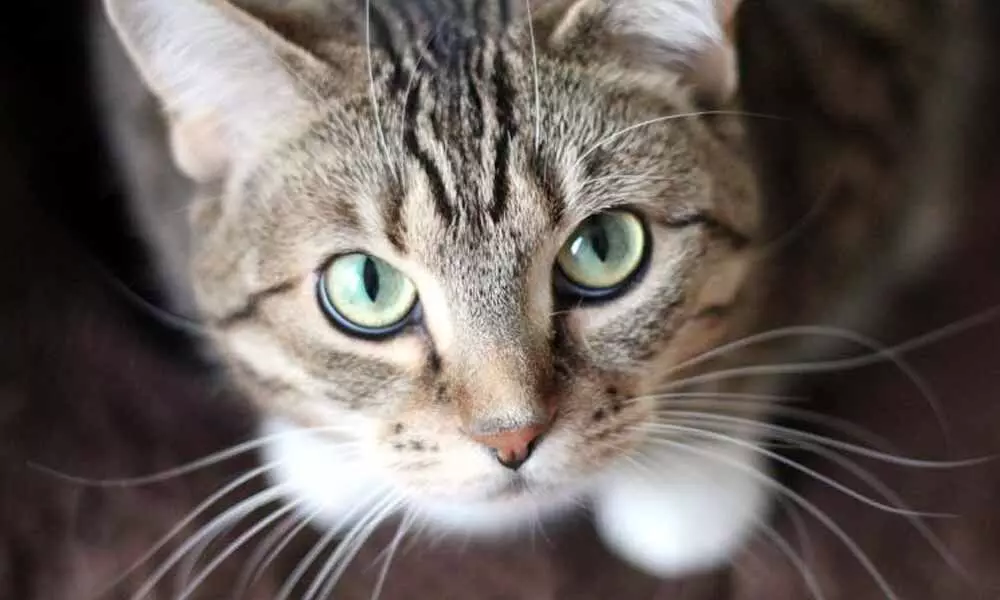Evidence of SARS-CoV-2 exposure found in Italian pet dogs, cats

Image used for representational purpose.
No evidence for transmission from pet animals yet, researchers said.
London: Scientists have found neutralising antibodies to the SARS CoV-2 virus, that causes COVID-19, in a small proportion of household cats and dogs sampled in Italy, suggesting that the pets may be susceptible to the disease.
The researchers, including those from the University of Liverpool in the UK, tested samples from over 500 pets collected during visits to vets in Northern Italy.
While no animals tested PCR positive for the virus itself, 3.4 per cent of dogs and 3.9 per cent of cats had measurable SARS-CoV-2 neutralising antibodies, the researchers said.
Dogs from COVID-19 positive households were significantly more likely to test positive than those from COVID-19 negative households, according to the results of the yet to be a peer-reviewed study published as a pre-print on the website BioRxiv.
"Whilst none of the tested animals were shedding virus at the time of sampling, vets and the public need to continue to be aware that pet animals living in COVID-19 households will almost definitely have the virus on them, and our research adds to the evidence that suggests they may also be infected," said Professor Alan Radford from Liverpool university.
"We must keep this in context though. There is no evidence for pet animals transmitting this virus to people," said Radford.
He said the overwhelming majority of people that are infected seem to get COVID-19 from other people they contact, and this is why following local guidelines on social distancing and hygiene remain critical.
"The assay we have used is considered the gold standard of antibody assays, measuring the ability of sera from these animals to neutralise an isolate of SARS-CoV-2 produced in the laboratory," said Ian Patterson from Liverpool School of Tropical Medicine.
"The levels of antibody found were surprising and suggest we need to continue such studies looking at animals in the future," said Patterson, who performed the serological assays in the study.
He noted that it was particularly interesting to see that the presence of antibodies in dogs, but not cats, were linked to the household COVID-19 status.
This suggests that the interactions between owners and dogs under natural conditions of pet ownership may make them more susceptible, said Patterson.
"Understanding the role of pet animals in this pandemic is very challenging at a time when clearly the research and medical focus has to be on human health, said Professor Nicola Decaro from the University of Bari in Italy.
"Our results clearly suggest pet animals can be infected only sporadically, thus likely not representing a source of infection for human being," Decaro said.
The priority has to remain on humans, but it will be important to better understand the role of animals if we are to fully control this pandemic, said the scientist.















